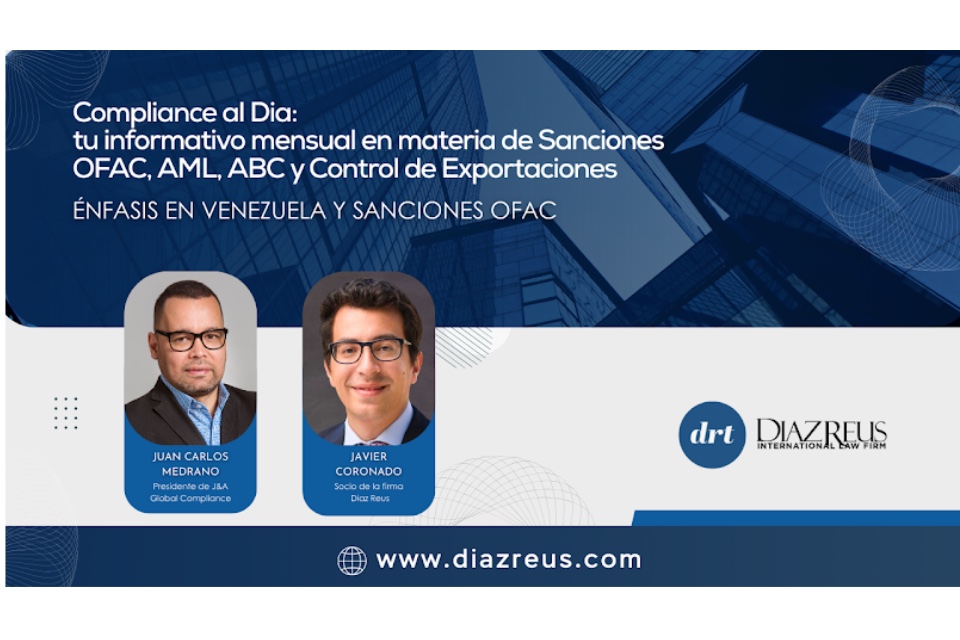Protection of commercial secrets is always a critical concern for companies doing business in China. Unlike patents or copyrights, commercial secrets have value to the owner only if they remain secret and accessible only to the owner. Unlike the U.S., China has lagged behind in trade secret legislation. As a result, trade secret protection has always been a problem in China. This article delineates and compares Chinese trade secret law to the Uniform Trade Secrets Act in the U.S and provides an update on the latest cases in China. The goal of this article is to provide the reader with an overview of trade secret protection regime in China and to outline trade secret protection strategies for foreign investors in light of the most recent regulatory developments.
Protection of commercial secrets is always a critical concern for companies doing business in China. Unlike patents or copyrights, commercial secrets have value to the owner only if they remain secret and accessible only to the owner. Commercial secrets exist for two reasons. First, not all valuable techniques and materials are patentable or copyrightable, therefore the sole means of their protection is through confidentiality. Secondly, unlike patent or copyright, trade secrets enable their owner to monopolize and utilize his/her proprietary technology or information in perpetuity, as long as their confidentiality is well-maintained. Therefore, many companies spend tremendous resources in trying to protect their commercial secrets.
Effective protection of trade secrets, however, is impossible without a supportive legal system. Recognizing the importance of trade secrets to a supportive commercial environment, many jurisdictions have adopted rigorous trade secret protection regimes. For example, 46 out of the 50 U.S. states, including Florida, have adopted the Uniform Trade Secret Act. Under the statute, a party liable for misappropriation of trade secrets is liable for both actual loss suffered by the owner and disgorgement of the unjust enrichment caused by misappropriation. In cases of willful and malicious misappropriation, the court may also award exemplary damages.
China has lagged behind in trade secret legislation. As a result, trade secret protection has always been a problem in China. The problem is two-fold: On the one hand, “fiduciary duty” is an alien notion to China’s commercial and legal culture. As a result, loyalty is based largely on personal relations and self-serving strategic considerations rather than generalized duties pertaining to fiduciary relationships. On the one hand, without clear and manageable legal standards governing what constitutes protectable trade secrets and how to protect the same, enforcement of commercial secrets is lax. Infringement cases are many. Many infringement cases are occasioned by employees conspiring with competitors in misappropriating a company’s commercial secrets for self-serving purposes. Only a small fraction of these cases have been successfully pursued.
Currently legal standards for protection of trade secret are scattered in several statutes and regulations, such as the Anti Unfair Competition Law, the Contract Law, the Employment Contract Law, the Criminal Code, and the Regulations on Penalties for Violation of Trade Secrets. There have been discussions regarding the need for a specific commercial secret protection statute. In as early as 1994, the then China Foreign Economic and Trade Commission formed a Commercial Secrets Protection Law Drafting Committee for the purpose of drafting such a statute. A draft commercial secrets protection act was actually circulated in the late 1990s. However, for unknown reasons, the efforts were aborted.
The most recent development in the commercial secret protection legislation was the promulgation of the Interim Regulations for Protecting Commercial Secrets for Central Government Enterprises on April March 25, 2010. The promulgation of the Interim Regulations was less than a month after the sentencing of Stern Hu and his associates in the Rio Tinto case, and therefore is very likely a responsive measure triggered by that case. A prominent feature of the Regulations is that it established a classification system for state-owned commercial secrets, giving state-owned commercial secrets quasi state secret status.
Although the Interim Regulations apply to state-owned trade secrets, they nonetheless have implications for protection of commercial secrets in the private sector. For example, the Interim Regulations provided a broader and more detailed definition for protectable commercial secrets, inclusive of:
strategic plan, management techniques, business models, materials relating to corporate restructuring and public offering, materials regarding merger and acquisition, equity exchange information, financial information, investment and financing decisions, manufacturing, procurement, and sales tactics, status of corporate resources, client information, information relating to bidding, designs, procedures, formulas, manufacturing techniques, manufacturing methods, technical knowhow, etc.
Int. Reg. Art. 10. The Interim Regulation also spells out specific measures for protection of commercial secrets, requiring state-owned enterprises to, among other things: (1) sign confidentiality agreements with their business partners; (2) carefully examine the information disclosed in the process of initial public offering and periodic disclosure in compliance with securities regulations; (3) establish procedures for keeping, control, and destruction of documents containing sensitive information; (4) enhancing security features of the computer and intranet systems; (5) sign confidentiality and non-compete agreements with personnel having access to commercial secrets; and (6) take appropriate measures to pursue infringers and to seek damages. Int. Reg. Art. 20-27. These mandatory protective measures are designed not only to prevent disclosure, but also for easier prosecution of infringers. Indeed, the more comprehensive and detailed the protective measures, the more calculated actions an infringer will have to take to access the protected technology and information. As a result, proof of improper infringing conduct, a statutory element for establishing criminal liabilities for commercial secret infringement, becomes easier.
What are the implications of the Interim Regulations for the private sector? Several observations can be made. First, the broadened standards for protectable trade secrets may guide the courts’ interpretation of what are protectable commercial secrets. Before most commercial secrets enforcement cases focus on client lists, formula, and technique know-how. Now business model, managerial techniques, and information regarding corporate resources have also been included into the scope of protectable commercial secrets in China. It’s is hard to predict what the result will be: will the new definition makes the concept of commercial secret more manageable, or more amorphous? One thing is clear: private companies can now refer to the Interim Regulations as a basis for claiming more materials as protectable commercial secrets.
Secondly, companies can adopt most of the protective measures spelled out in the Interim Regulations as authorized measures for protecting commercial secrets, to the extent these measures are applicable to private entities. For example, the Interim Regulations expressly requires non-compete agreements with personnel with access to core commercial secrets for state-owned companies. Private companies intending to sign non-compete agreements with employees shall also pay attention to the restriction in China Labor Contract Law limiting the terms of such agreements to no more than two years.
Finally, more rigorous rules for enforcing commercial secret rights for state-owned companies might contribute to an overall environment of enhanced protection of trade secrets, and thus benefit private companies as well. So far there have been a number of reported cases of successful enforcement of trade secret rights by Chinese courts, such as the cases of Feibochuang Co. v. Zhang Xiang decided by the Chengdu Intermediary Court (in which an former engineer of Feibochuang Corporation and his business partners were each sentenced to 18 months and 15 months for stealing and misappropriating confidential technical information of the plaintiff corporation) and Huawei v. Qin Xuejun, et al. (in which three former engineers of a Zhenzhen based high-tech conglomerate Huawei got prison sentences and criminal fines for misappropriating Huawei’s proprietary technology). Such cases, however, are still few in number. This might soon change in a changed environment of increased attention to commercial secrets and the accompanying enhancement of enforcement measures.













